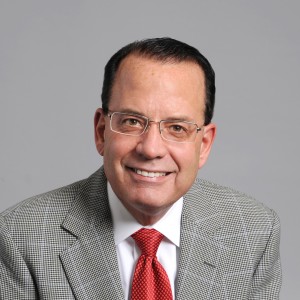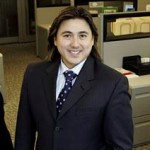
TexasLending.com
TexasLending.com emphasizes to clients that a person’s credit score is not a reflection on them personally. In light of the country’s recent economic woes, the team at TexasLending.com has seen an increase in low credit scores. This has led many individuals to ask how they can work to improve their credit scores. While the return to a good credit rating takes work, as TexasLending.com tells clients, it’s definitely doable by following a few simple steps.
Upon visiting a mortgage lender, explains TexasLending.com, one of the first things the loan officer will normally do is pull a credit report. This gives the loan office an idea for whether or not the interested homebuyer will qualify for a mortgage loan. Often when that credit report returns a negative response, many loan officers can only offer a few cursory tips, but TexasLending.com loan officers will try to help the client more comprehensively. If a client wishes, TexasLending.com can run a computer simulation model, which will not only determine what action can be taken to improve the client’s credit score, but also determine how much of a difference that action will make in the client’s qualification for a better interest rate.
One of the biggest challenges for TexasLending.com clients in cleaning up credit is paying bills on time without fail. TexasLending.com has a few suggestions for those individuals, including setting up payment reminders or having payments automatically deducted from a bank account. If organization is the challenge, these steps can make a big difference in cleaning up credit.
If a consumer has more money going out than coming in each month, TexasLending.com recommends setting a budget that cuts out as many extras as possible. As tough as it may be, consumers might also consider getting a second job or working overtime. Once a consumer is ready to begin reducing his or her debt, TexasLending.com recommends tackling the debt in the order of the highest interest rate, one bill at a time.
In the past, consumers were told to cancel as many credit cards as possible prior to seeking a home loan. That has changed in recent years, TexasLending.com states, as consumers who manage multiple credit cards responsibly are seen as less of a credit risk than someone who has no credit cards at all.
TexasLending.com also recommends that clients keep a small balance on each credit card. When a customer completely pays a card off, TexasLending.com has found that cards which are completely paid off can negatively impact a score. However, credit bureaus also appreciate a large gap between the total credit line and the balance, so low balances are best, adds TexasLending.com.
Because each credit bureau scores differently, TexasLending.com advises working with a loan officer to better understand what you can do to improve your score. The loan officers at TexasLending.com will look at your credit score to help you determine the best way to maximize your chances of getting your dream home.
For more information, visit Texas Lending online at www.texaslending.com.
 TexasLending.com
TexasLending.com
4100 Alpha Rd.
Dallas, TX 75244
NMLS# 137773









